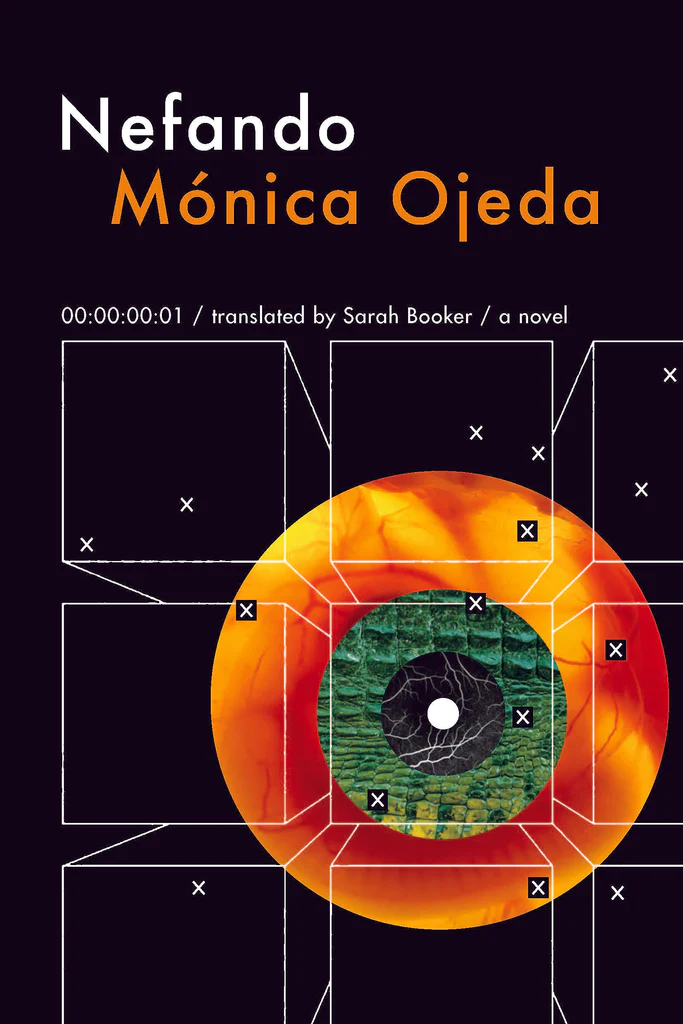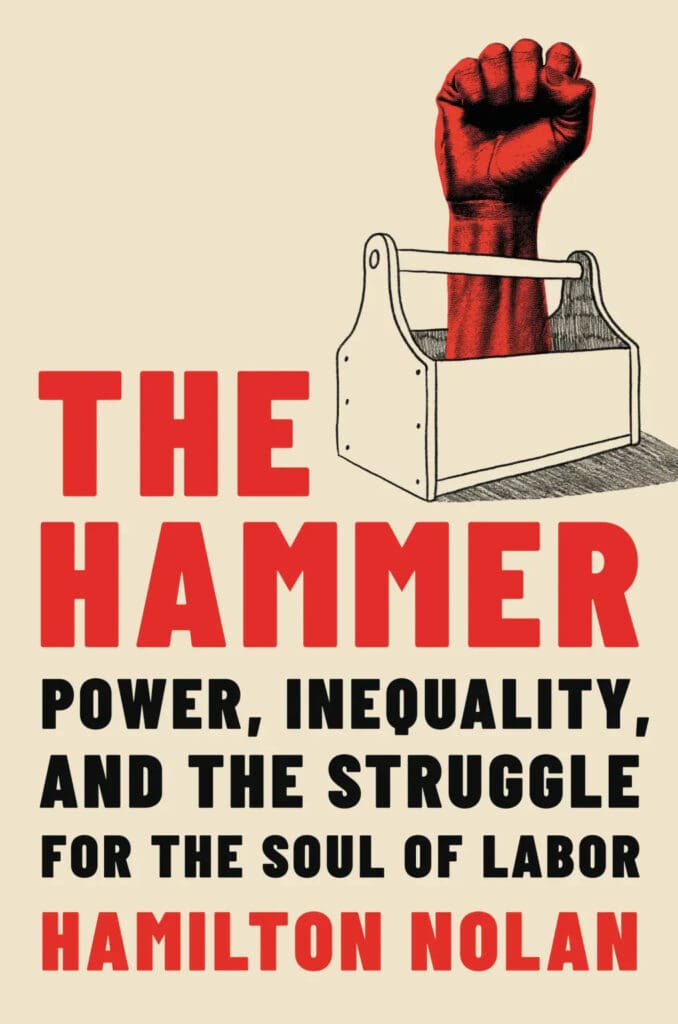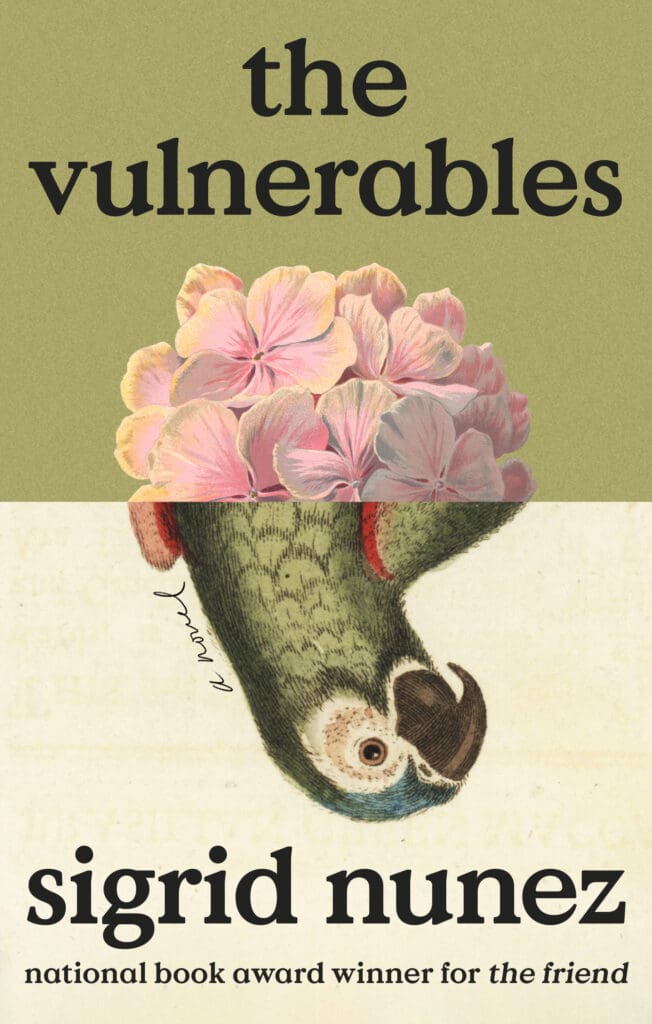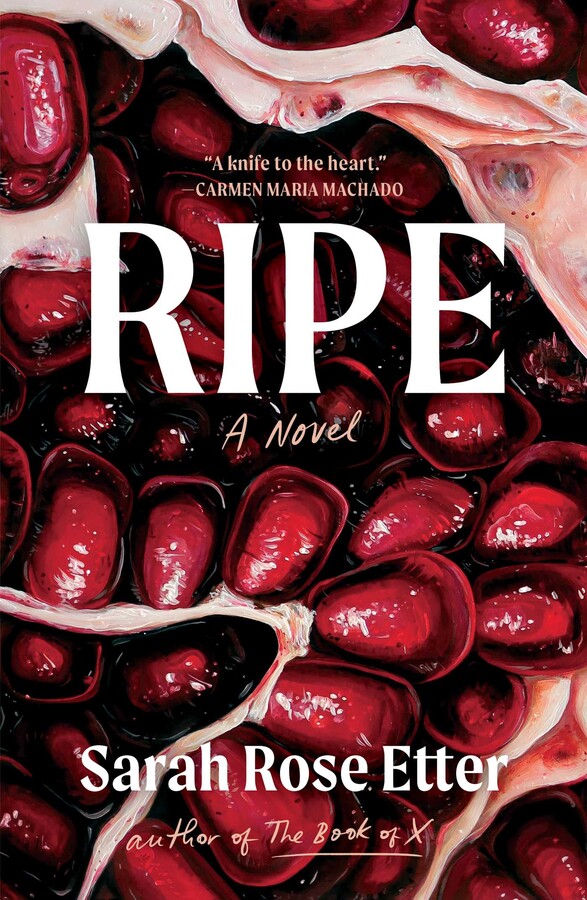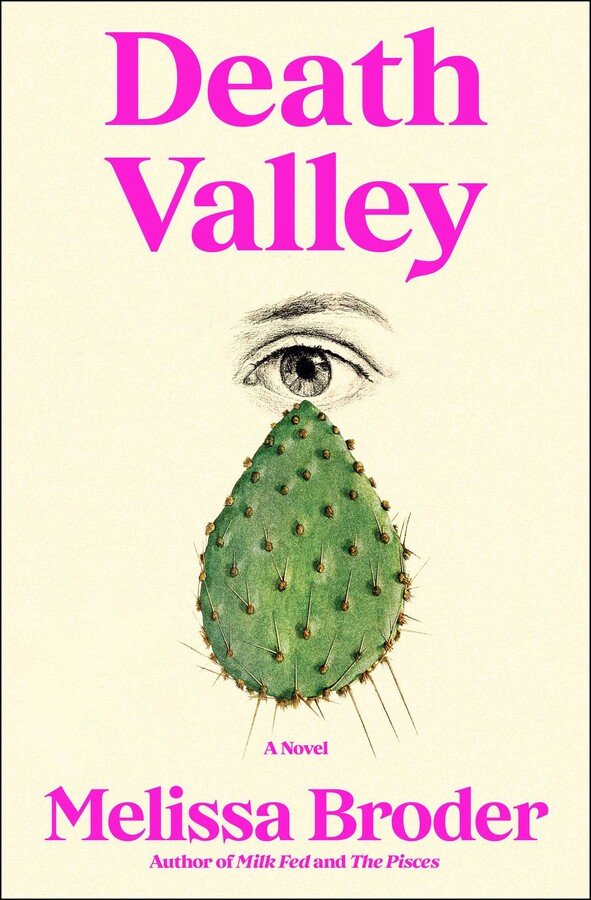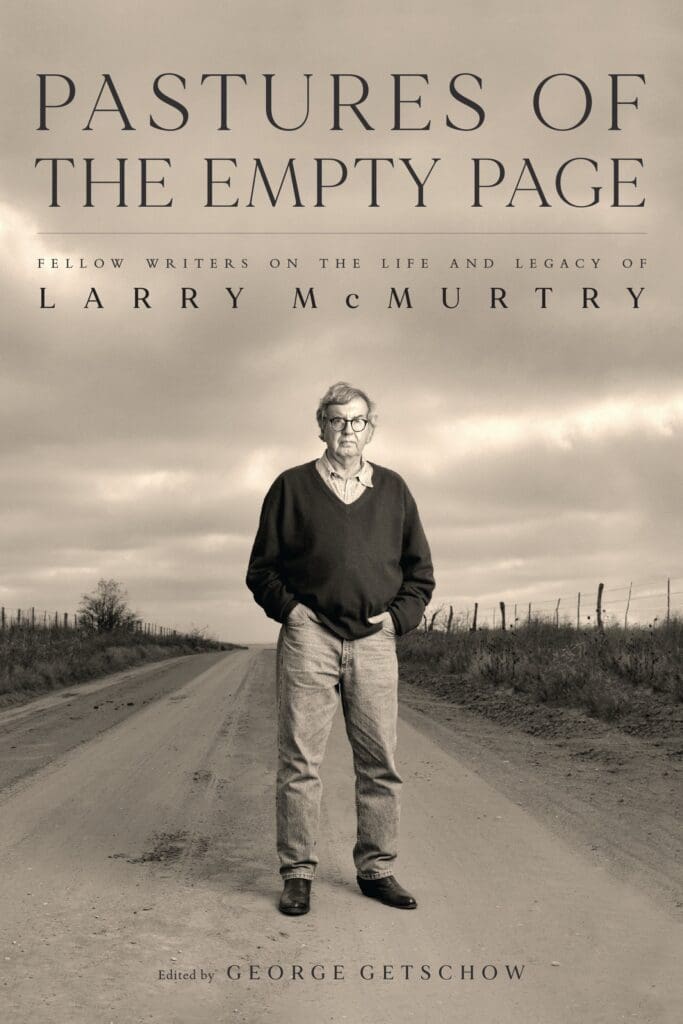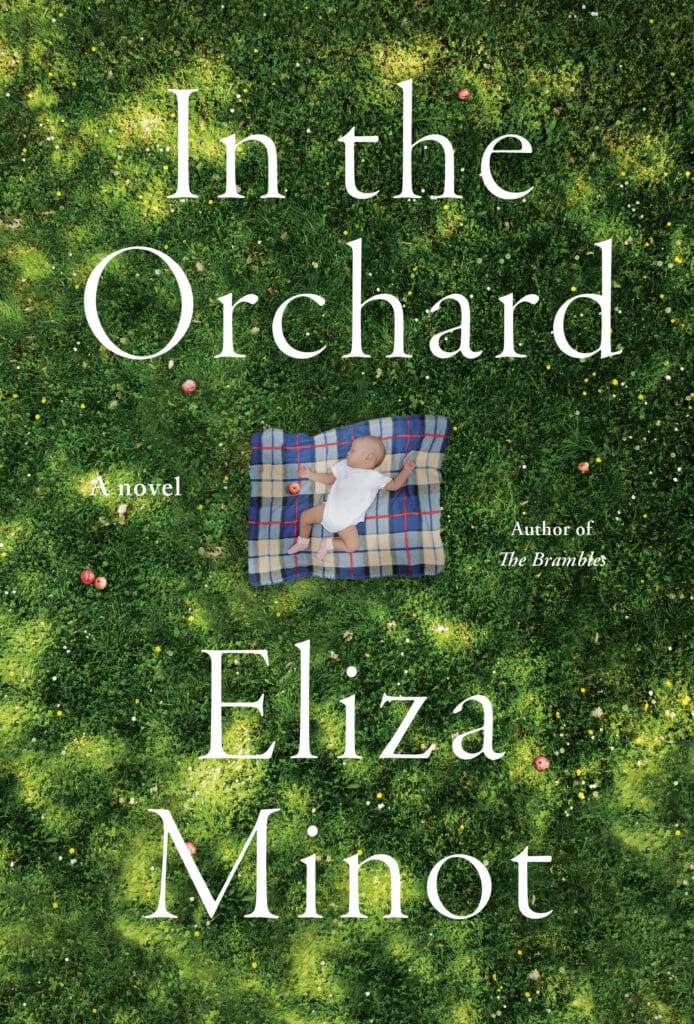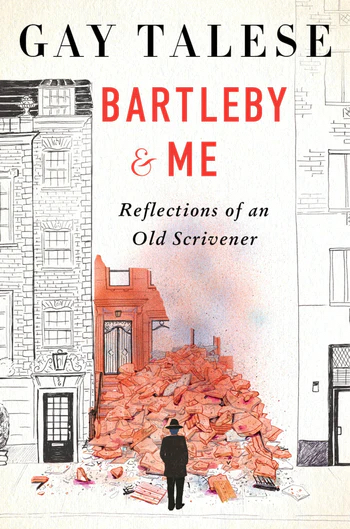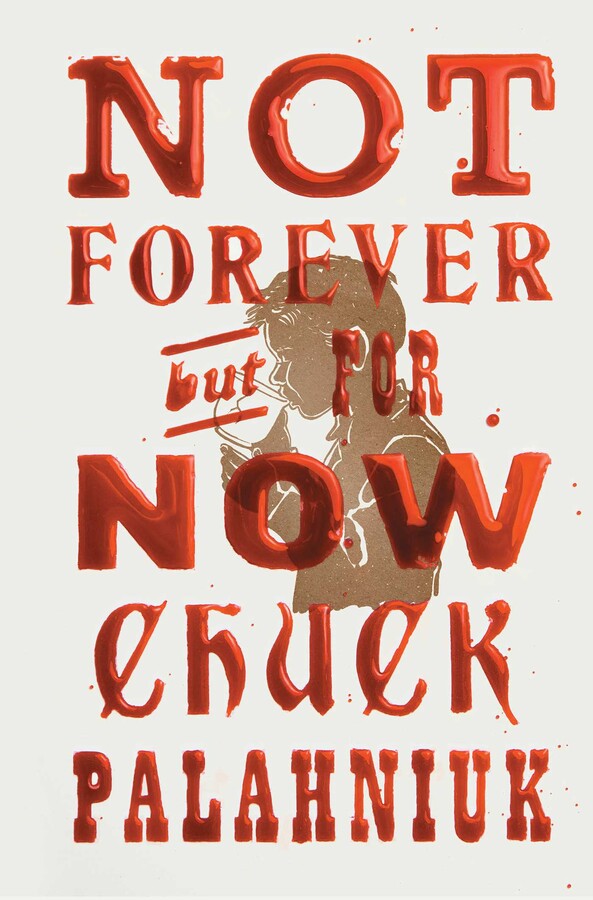Not that long ago, it would have been dangerous to denounce “extreme wealth,” as the Dutch scholar Ingrid Robeyns calls it in her new book, Limitarianism: The Case Against Extreme Wealth (Astra House; $28). But then along came the financial crisis of 2008, and the global Occupy movement that surfaced in 2011 and popularized the notion that one percent of the U.S. population controls most of the wealth—and that the 99 percent have been excluded from the American Dream. Soon, dozens of books, flooded the marketplace. Joseph Stiglitz’s The Price of Inequality (2012), T.M. Scanlon’s Why Does Inequality Matter? (2008), […]
‘Limitarianism,’ by Ingrid Robeyns
by Jonah Raskin


